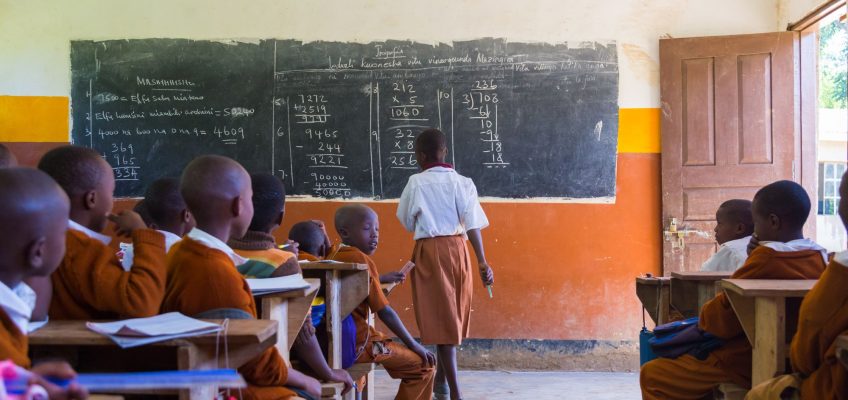In South Africa, childhood trauma is more common than many people realise. Economic hardships, family instability, violence, and neglect can leave deep emotional wounds that impact a child’s development, learning, and future. However, the growing awareness of Trauma-Informed Care (TIC) in education is creating a powerful shift—one that offers hope, healing, and transformation for young minds affected by adversity.
Understanding the Prevalence of Childhood Trauma
Children across South Africa face various forms of trauma, from poverty and abuse to loss and instability. Studies have shown that exposure to traumatic events can alter brain development, making it difficult for children to concentrate, regulate emotions, and trust others. As a result, these children may struggle academically and socially, leading to long-term negative consequences. However, by recognising and addressing these challenges, educators and caregivers can help break the cycle of trauma and empower children to thrive.
What is Trauma-Informed Care in Education?
Trauma-Informed Care (TIC) is an educational approach that acknowledges the impact of trauma on learning and behaviour. Instead of asking, “What’s wrong with this child?”, educators are encouraged to ask, “What has this child been through?” This shift in perspective fosters compassion, understanding, and a supportive learning environment that prioritises emotional well-being alongside academic success.
Key principles of TIC in education include:
- Safety: Creating a physically and emotionally safe space for children to learn and grow.
- Trustworthiness: Building secure, consistent relationships with students to restore their sense of trust.
- Empowerment: Encouraging children to express themselves, make choices, and develop resilience.
- Collaboration: Involving teachers, parents, and mental health professionals in a child’s healing journey.
- Cultural Sensitivity: Recognizing the diverse backgrounds and unique experiences of South African children.
The Positive Impact of Trauma-Informed Schools
When schools embrace Trauma-Informed Care, children experience profound benefits.
- Improved Academic Performance – When children feel safe and supported, they are more likely to engage in learning and succeed in their studies.
- Emotional Regulation – Trauma-informed approaches teach children coping skills that help them manage stress, anxiety, and frustration effectively.
- Stronger Relationships – Educators who practice TIC build meaningful connections with students, reducing feelings of isolation and fostering a sense of belonging.
- Reduced Behavioural Issues – Many discipline problems stem from unaddressed trauma. TIC replaces punishment-based systems with understanding and positive reinforcement.
- Long-Term Healing – By nurturing resilience and self-worth, trauma-informed education empowers children to break free from cycles of adversity and build a brighter future.
How HealingLeaves can Support Trauma-Informed Education
At HealingLeaves, we believe that every child deserves a chance to heal, grow, and succeed. Through workshops and partnerships with schools, we can promote Trauma-Informed Care as a powerful tool for change. By equipping educators and caregivers with the knowledge and skills to support trauma-affected children, we can help foster a generation of empowered young minds who can rise above their past and embrace a hopeful future.
A Call to Action: Creating Trauma-Sensitive Schools Together
The movement towards Trauma-Informed Care in education is growing, but there is still much work to be done. Schools, parents, and communities must come together to create environments where every child feels seen, heard, and valued. By working collectively, we can turn South African classrooms into spaces of healing and hope.
If you’re an educator, parent, or community leader passionate about making a difference, reach out to HealingLeaves today. Together, we can help children reclaim their futures—one compassionate classroom at a time.


Gertrude3458
Good https://t.ly/tndaA
Olivia2205
Awesome https://t.ly/tndaA